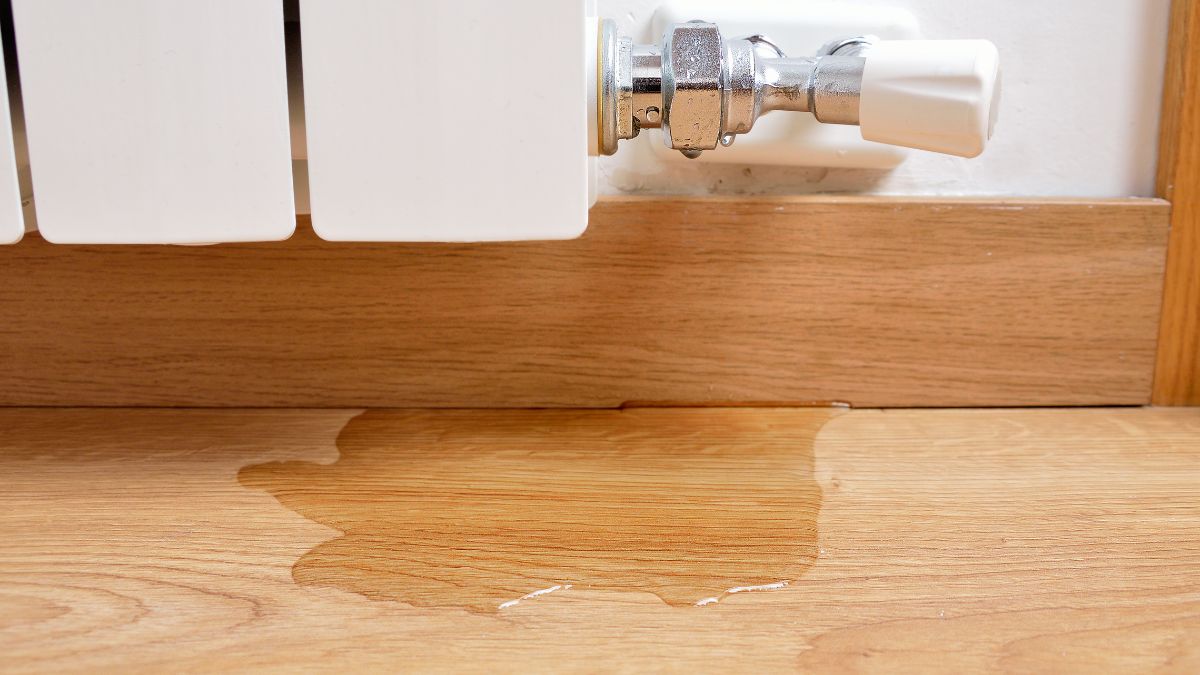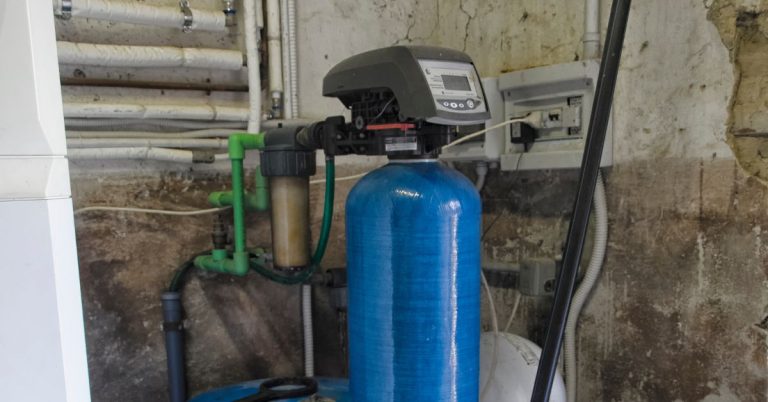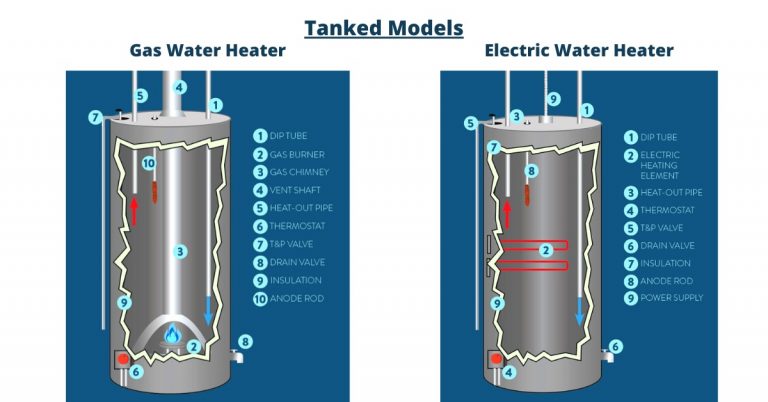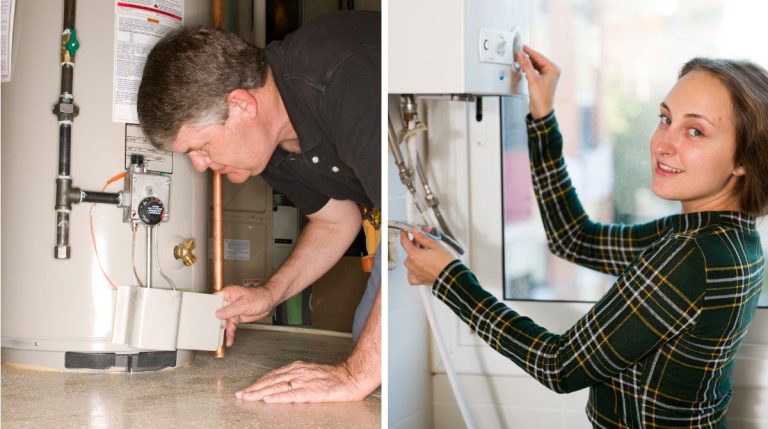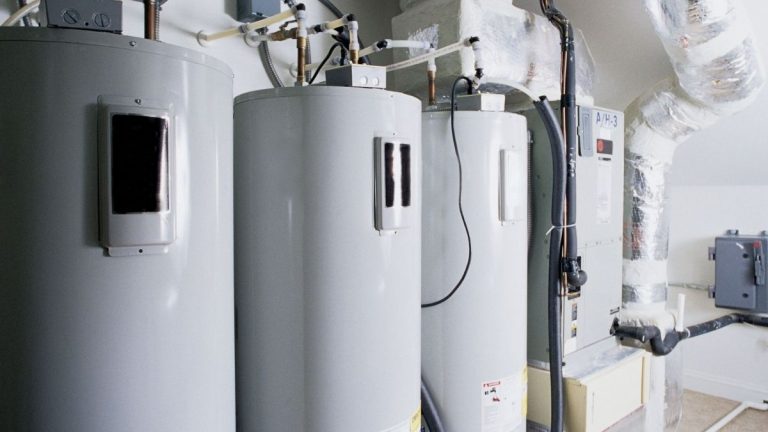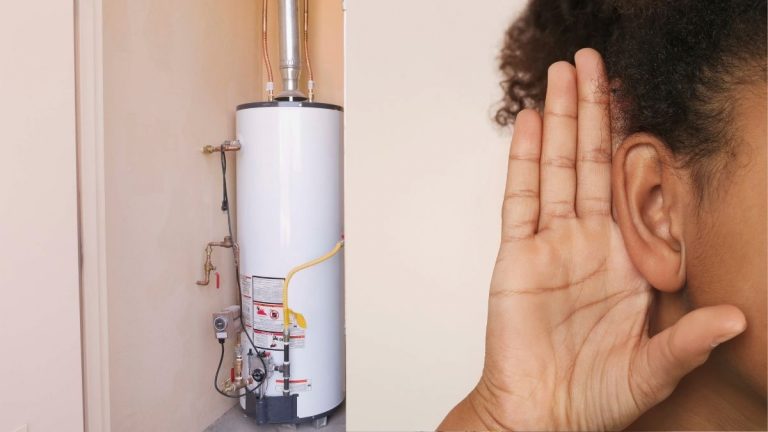Tankless Water Heater Leaking from the Bottom? Here is the Fix!
Have you noticed a few stray droplets forming under your tankless water heater? Is your tankless water heater leaking from the bottom? No worries we have got you covered.
Tankless water heaters, also called on-demand or instantaneous water heaters, have risen in popularity in recent years. Unlike traditional water heaters with storage tanks, tankless heaters heat water directly without a tank as it passes through the unit. This allows endless hot water on demand while saving space and energy.
However, tankless water heaters can sometimes experience leaks from the bottom. Identifying the causes and repairing these leaks promptly prevents extensive damage.
This guide peers under the hood of those annoying tankless water heater leaks to reveal the likely culprits. You’ll soon learn what causes leaks in the first place, easy ways to pinpoint the source, and actionable steps to resolve them.
With a bit of maintenance know-how, you’ll rediscover the convenience of tankless hot water on demand free of worries.
Main Causes of Tankless Water Heater Leaks from Bottom
Several issues can lead to leaks from the bottom of a tankless unit including:
Corroding Pipes
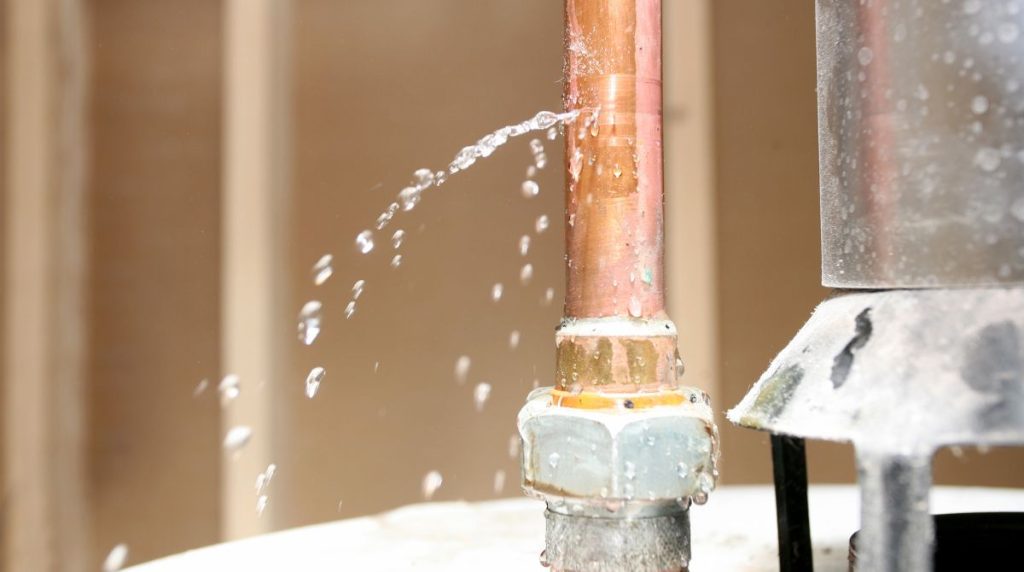
Corrosion in pipes caused by acidic water is a common trigger of leaks. It creates small holes that get bigger with time. To stop this, test water quality regularly. Also, schedule maintenance checks to catch corrosion early. Replacing pipes at the first sign prevents worse leakage over time. You may also want to use a water softener if the water coming into your home is hard and full of minerals. You can also periodically descale your tankless water heater using this DIY guide.
Drain Valve Problems
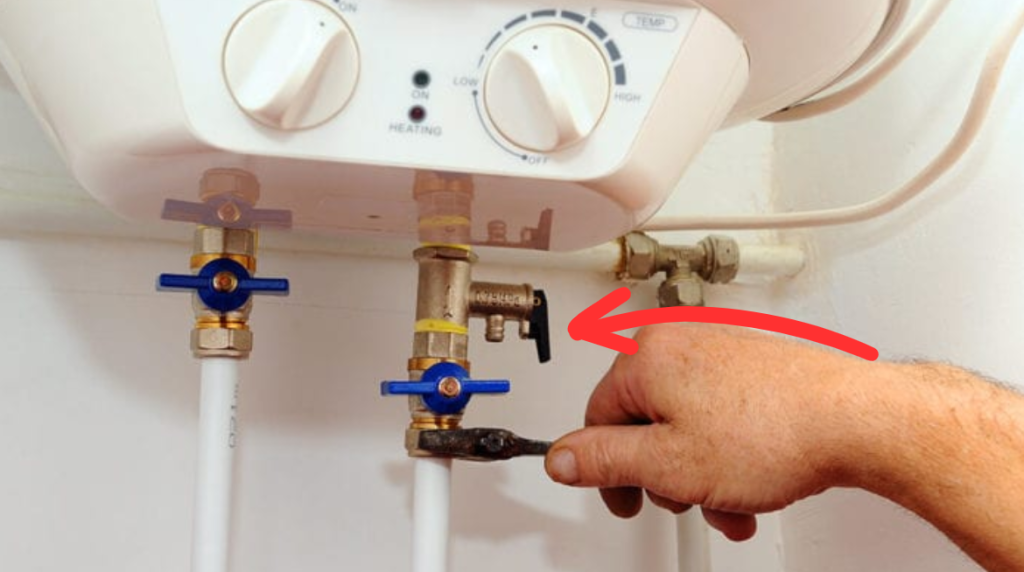
All tankless heaters have a drain valve that releases excess water and controls pressure. If the drain valve becomes faulty or damaged, water can leak out from the bottom. Inspect this valve occasionally and replace it if needed to avoid leakage.
Open Drain Valve
In some cases, the drain valve is left partially open by accident. This opening allows water to leak from the tankless heater over time. Be sure the drain valve gets fully closed to prevent this simple issue.
Electric Tankless Water Heater Leaks
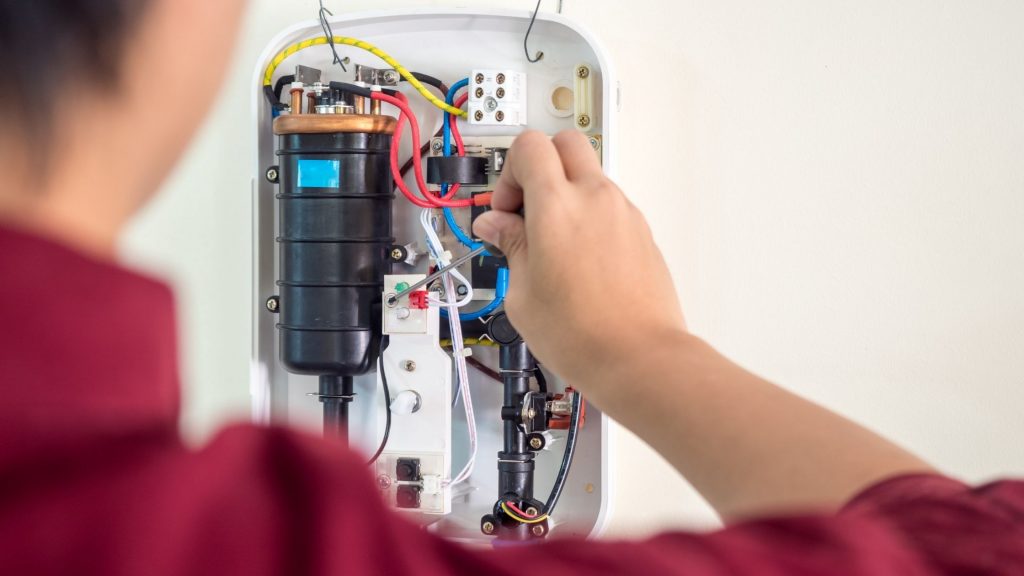
Flow Adjustment Screw Leaks

The flow adjustment screw controls the water flow rate and pressure. If loose, water can leak from around this screw. Try to refasten the screw first. If that fails, consult the manual about draining and replacing the valve.
Faulty Temperature and Pressure Relief Valve
All heaters have a T&P relief valve to release excess heat and pressure, preventing explosion. If defective, it can cause leakage. Inspect this valve and replace it if it is broken. Doing so prevents leaks and safety hazards.
Overheating
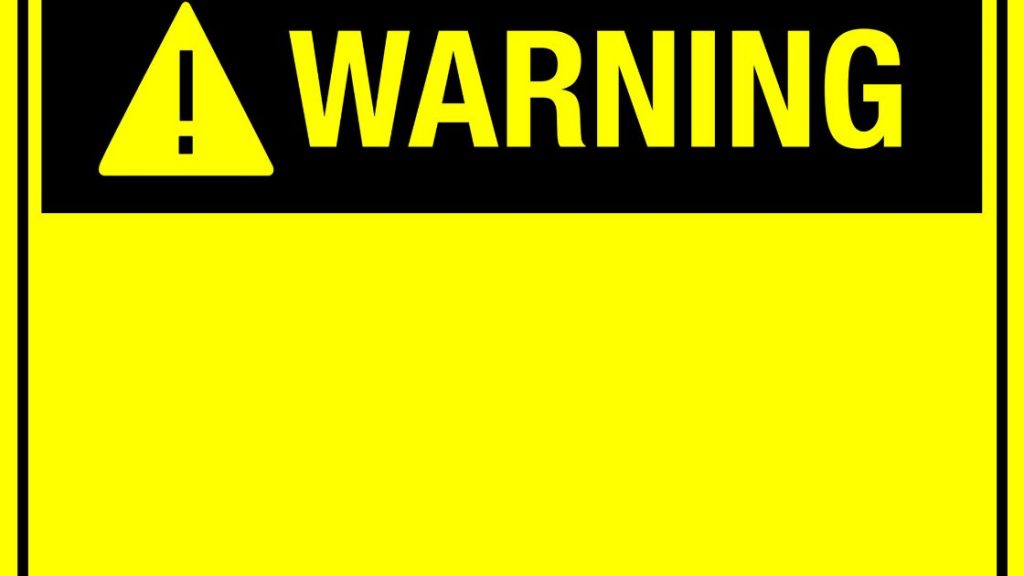
It may sound counter-intuitive but excessive temperatures cause water to leak from electric tankless heaters. It may signal issues with the heating element or thermostat. Compare temperatures to manual guidelines. Seek professional help to diagnose and fix the overheating cause.
Rinnai Tankless Water Heater Leaks
For Rinnai tankless brands, various factors can also lead to leakage.
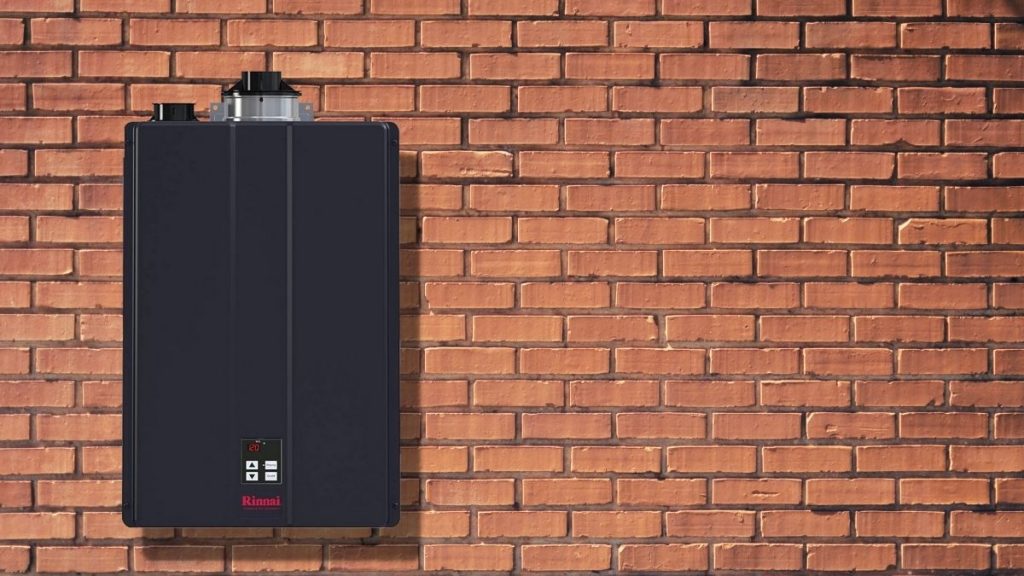
Pressure Relief Valve Activation
The pressure relief valve triggers during surges to release excess pressure. If activated too often, it can leak over time. Inspect the valve carefully and replace it if worn out or continuously active.
Corroded Pipes
Like all heaters, corroded pipes in Rinnai units lead to expanding holes and leaks over time. Check pipes regularly for corrosion. Schedule replacement of any corroded sections right away. It avoids extensive leakage issues later on.
Drain Valve Issues
As covered for all tankless heaters, a drain valve stuck open or broken in Rinnai units causes leakage. Ensure the drain valve is fully closed. Also, inspect its condition and test it annually, fixing any problems found.
Faulty Connections
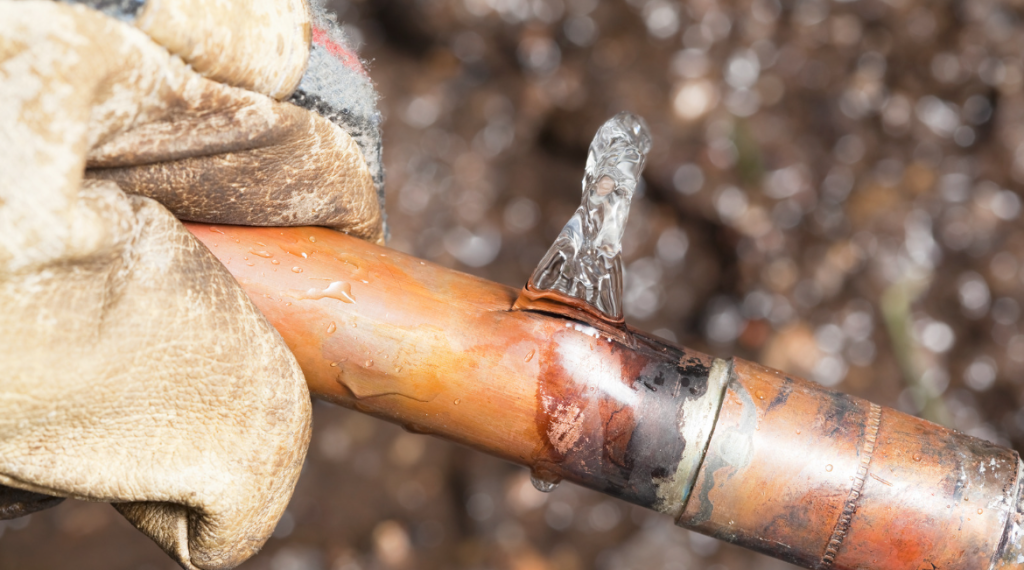
Loose fittings or bad soldering in the connecting pipes allow water to leak from Rinnai heaters. Hire a professional plumber annually to inspect all connections and repair any in poor condition.
Lack of Maintenance
Sediment buildup and lack of occasional flushing cause problems over time. Follow manufacturer guidelines on maintenance schedules. Flush regularly to remove mineral deposits and prevent future leaks.
Rheem Tankless Water Heater Leaks
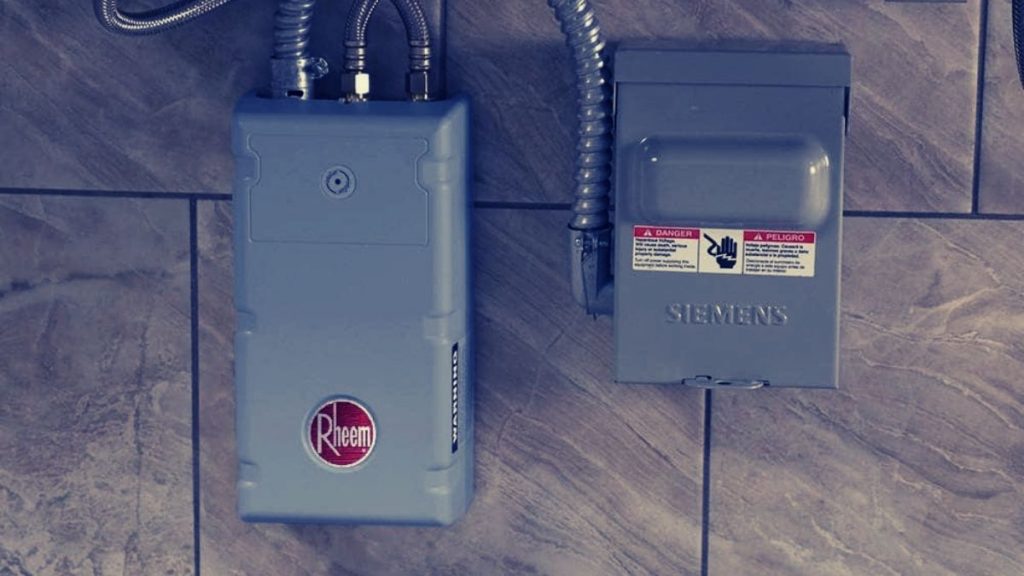
Drain Valve Issues
As with all units, an improperly closed or faulty drain valve allows water to leak from Rheem heaters. Check for looseness annually and tighten as needed. Severe damage requires the replacement of the valve.
Pressure Relief Valve Problems
Faulty pressure relief valves show themselves through leaks as they cannot properly regulate temperature and pressure. If your Rheem heater’s pressure relief valve leaks, replace it immediately.
Corroded Water Tank
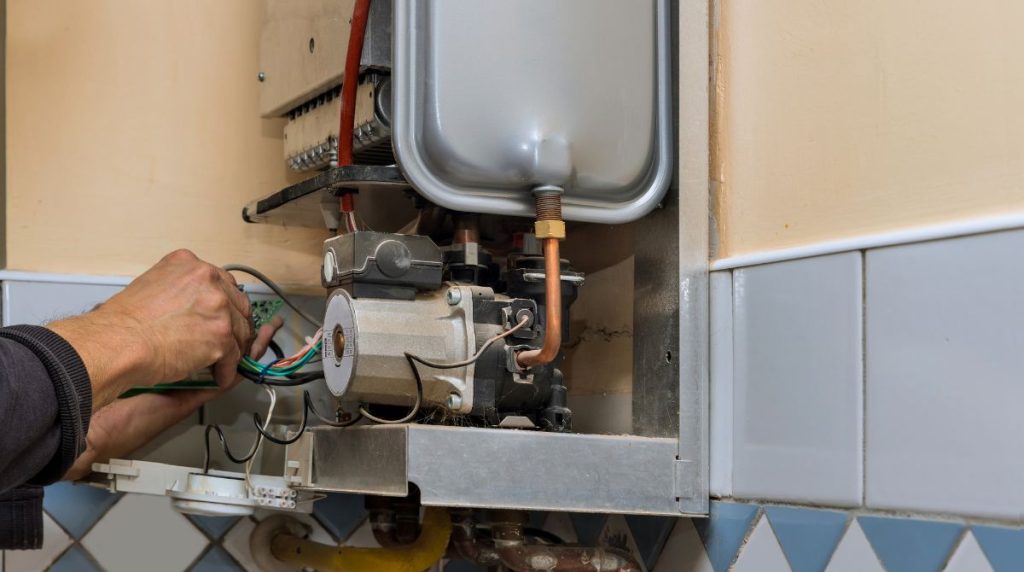
Though rare, the internal tank itself can corrode over time, leading to small holes and leakage. If corrosion seems extensive, replacement of the entire tank may be needed to resolve leaks.
How to Fix Leaking Tankless Water Heater
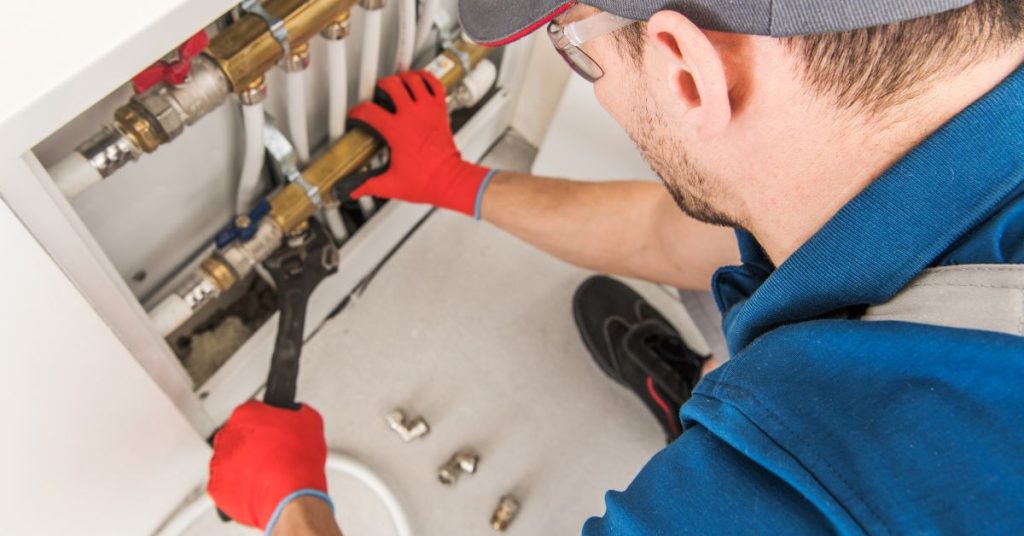
If you discover a leak from the bottom of your tankless heater, follow these troubleshooting steps:
- Check if the drain valve was left partially open. Close it fully if so. Also, inspect for damage and test proper functioning. Replace if faulty.
- Examine all connecting pipes and the tank (if visible) carefully for corrosion. Schedule replacement of any corroded parts right away.
- Inspect pressure relief and other valves for problems. Also, check pipe fittings for looseness. Repair or replace any faulty parts.
- Drain and flush the tankless heater per the manufacturer’s directions to remove sediment buildup. Doing so helps prevent future leaks.
- For electric heaters, compare water temperatures to guidelines to check for overheating issues. Have a professional adjust the thermostat and heating element as needed.
Seek Professional Help
If self-troubleshooting fails to reveal the leak’s origin, seek help from the manufacturer’s customer support or a certified plumber to identify and repair the issue.
With proper maintenance and by addressing any leaks promptly, your tankless water heater should provide endless hot water for years before needing replacement. Stay alert to any signs of leakage and utilize this guide to stop minor drips from becoming major flooding disasters.

